

The 2020 Olympics are fast approaching. The torch bearers have been announced, and all of Japan is feeling the excitement.
Following on from last year’s Rugby World Cup, it seems likely the numbers of tourists coming to Japan will keep growing year over year.
Those of you who work with international customers, haven’t you noticed that there are more clients lately who want to come to Japan?
However, when it comes to wealthy tourists and VIPs — what some might call ‘first-class guests’ — there’s a lot to consider.
We have prepared some tips to help you provide the best experience for your guests.
What is Warm Hospitality?
Japan’s Everyday Hospitality
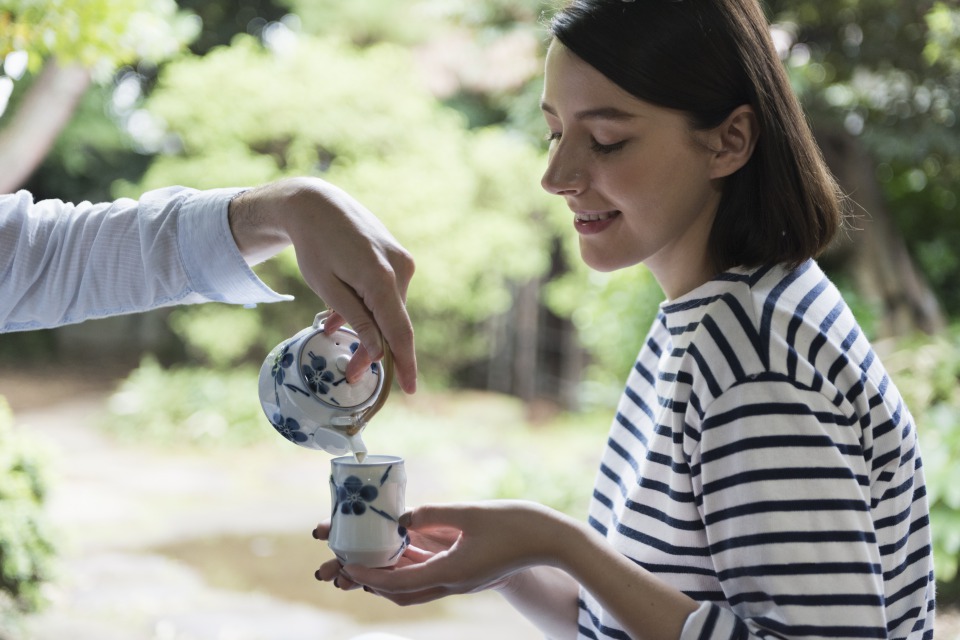
One thing that international visitors to Japan might be surprised by is how the Japanese view “hospitality.”
When you enter a store, you are greeted with an “Irasshaimase!” (“Welcome!”), and when you head out, the staff will thank you graciously, whether you buy something or not.
If you go out to eat, you will receive a complimentary moist towel and a glass of water, even if it’s not a high-class restaurant.
At banks, train stations, hotels, and department stores, there are always staff whose main responsibility is to show you around. And if there isn’t, just ask any of the staff and they are generally happy to help you.
For Japanese people, this is part of their everyday life. But for visitors, these experiences can be surprising and even moving.
“Hospitality” is not “Service”
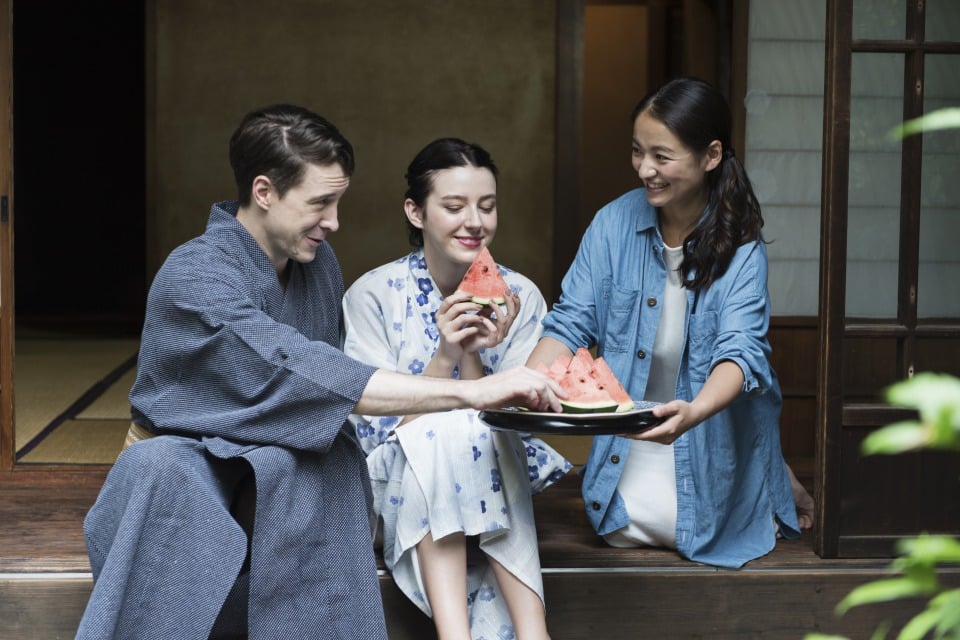
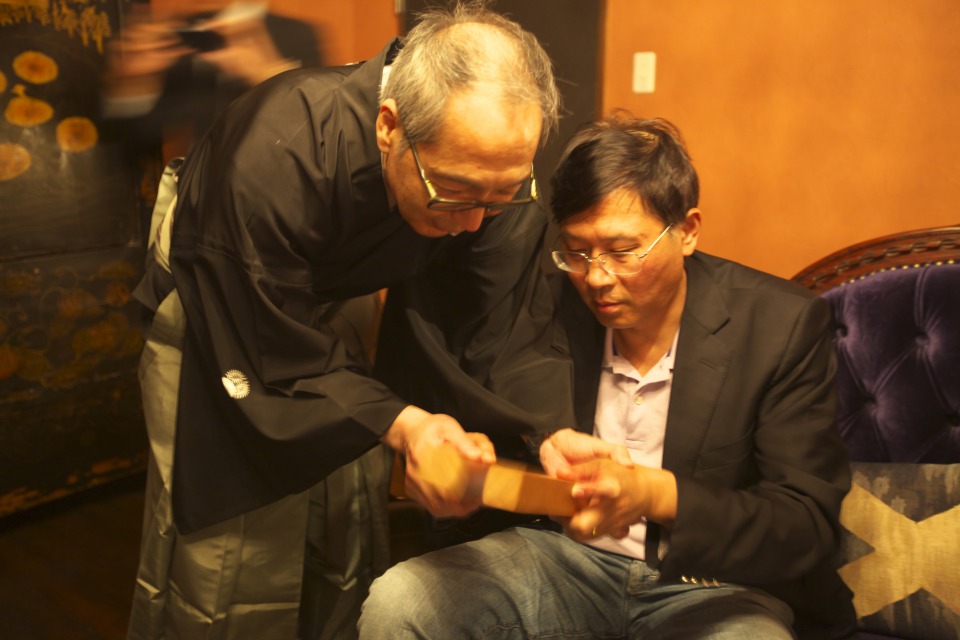
As a general rule, hospitality and service are not the same thing.
Services are what you offer as a professional responsibility.
The basic idea is that you treat everyone you are serving with the respect that you would offer an elder, or a higher-up in your company.
It can also be thought of as only relevant when money is changing hands.
On the other hand, hospitality can be shown to anyone, by anyone.
Regardless of whether someone is a customer, a family member, or a peer, whenever you do your best to make someone feel welcome, that is hospitality.
In other words, “warm hospitality” is showing consideration and kindness in order to make someone else feel welcome and at ease.
Therefore, it’s not just something you do once. What’s most important is to maintain a disposition where you perform many small acts of kindness.
5 Tips For Showing Warm Hospitality to International Business Clients, VIPs, and Wealthy Tourists
Don’t Force It

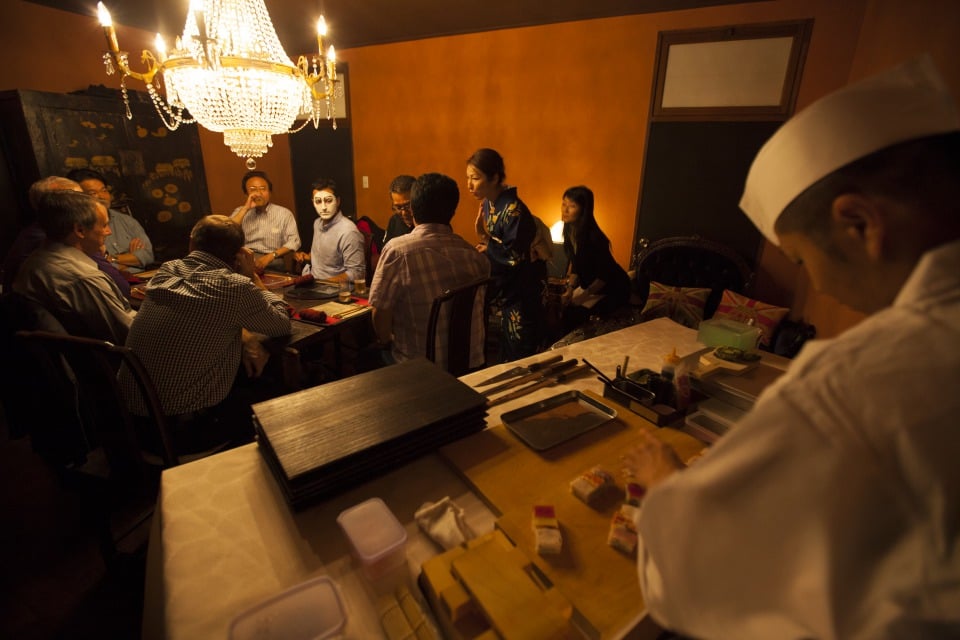
No matter how often it is said that hospitality is part of Japanese culture, that doesn’t mean that everyone will understand it right away.
When it comes to international guests, one mistake to watch out for is “forced hospitality.”
Deciding that “Japanese hospitality is like this” and then trying to act that way is only showing off, and not true hospitality.
The point of hospitality is to make your guest feel relaxed and taken care of.
Japanese hospitality is a unique and genuine form of welcoming guests to our country, and it’s important to remember that it’s not a performance.
Understanding Religion and Culture
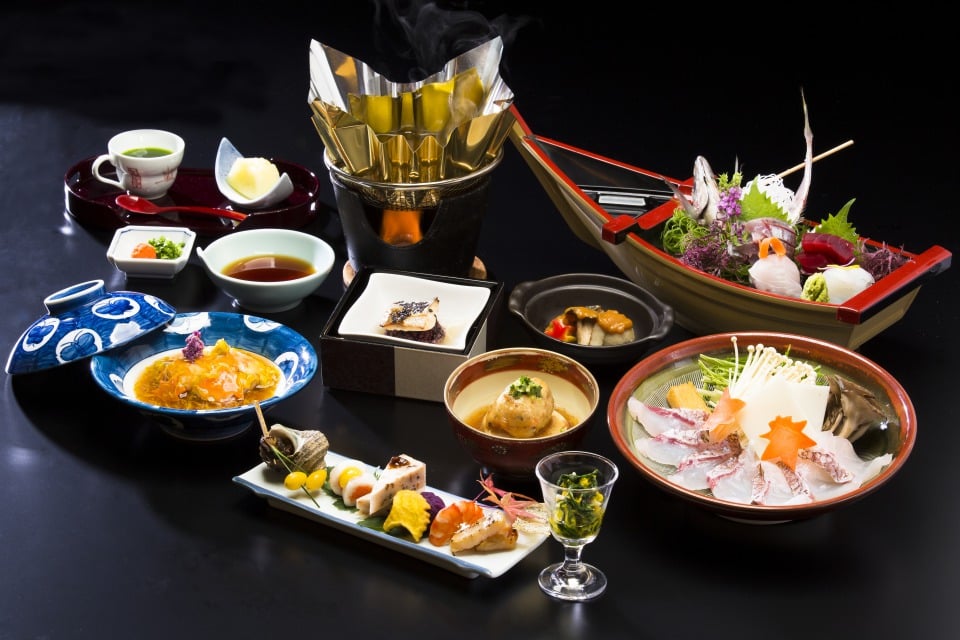
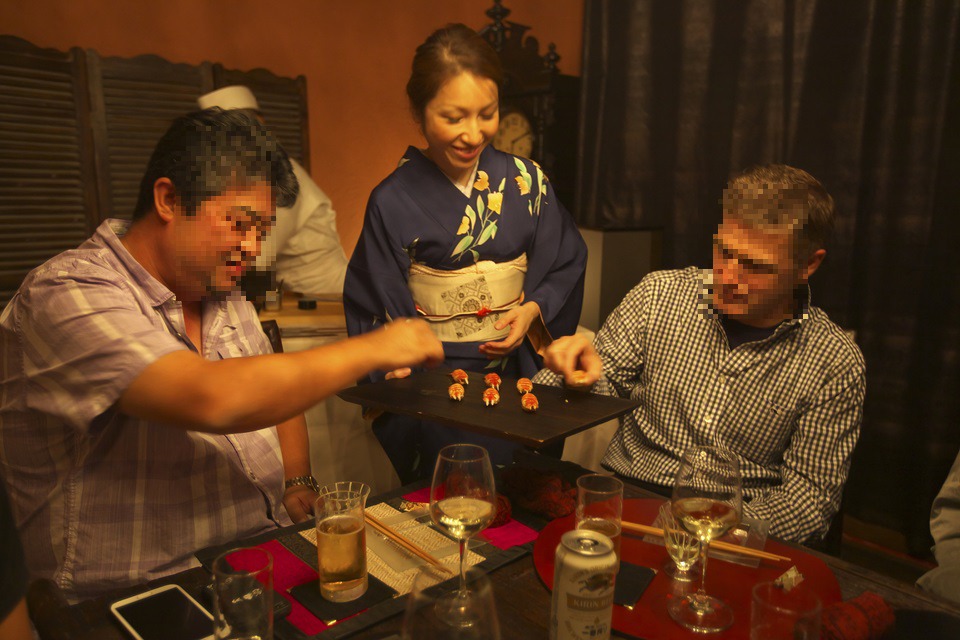
Anticipating what guests will want to eat and do, and how to best accommodate them, is vital for providing warm hospitality.
However, you can’t just assume that international guests will like the same things as Japanese people.
For example, no matter how amazing a Buddhist temple is, some people will not want to visit for religious reasons. And no matter how great a certain local cuisine tastes, some people’s religion or culture will not allow them to eat it.
If you don’t know their circumstances, you might leave a bad impression on people, or give them cause to worry.
In Japan, religion is generally a taboo discussion topic.. But when people are visiting, it’s best to understand them upfront, and ask for confirmation if you are unsure.
Minimizing Culture Shock
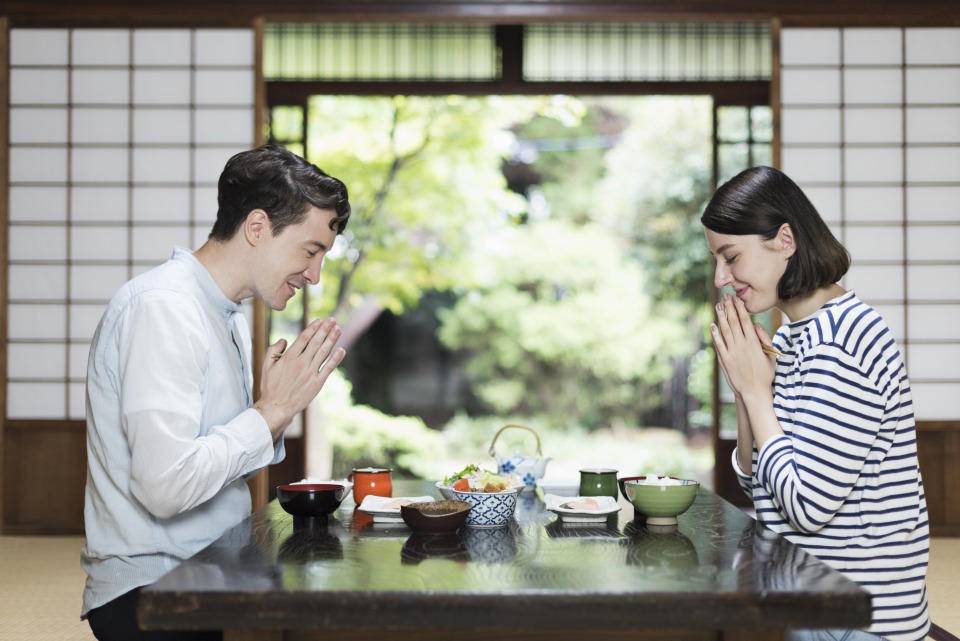
When you speak of hospitality, most people would think about providing service. That is, giving something to someone for a price. But in actuality, it’s quite different.
One thing people often overlook is culture shock.
No matter how much of a VIP you are, when you’re in an unfamiliar country, there are certain aspects that you won’t grasp. When most people can’t speak your native language, it’s easy to commit cultural faux-pas.
If it’s your first time visiting, this unease is felt all the more.
The first thing that international visitors will notice are not the food or the structure of society. Instead, it will be small details, such as how to work the toilet (including bidet), how to read signs, how to understand sizes, which residents of the country would handle automatically.
Here are some problems to watch out for when it comes to dining and social events.
Some tourists find it difficult or impossible to sit in the Japanese style.
No matter how famous or high-class the restaurant is, having to sit Japanese-style in a tatami room will be an unpleasant experience for such people.
Also, some people will find the size of Japanese tables and chairs to be constraining and uncomfortable.
You want to make sure your guests aren’t distracted and thinking, “this is too small a problem to complain about, but…”
Sharing Knowledge About Japan
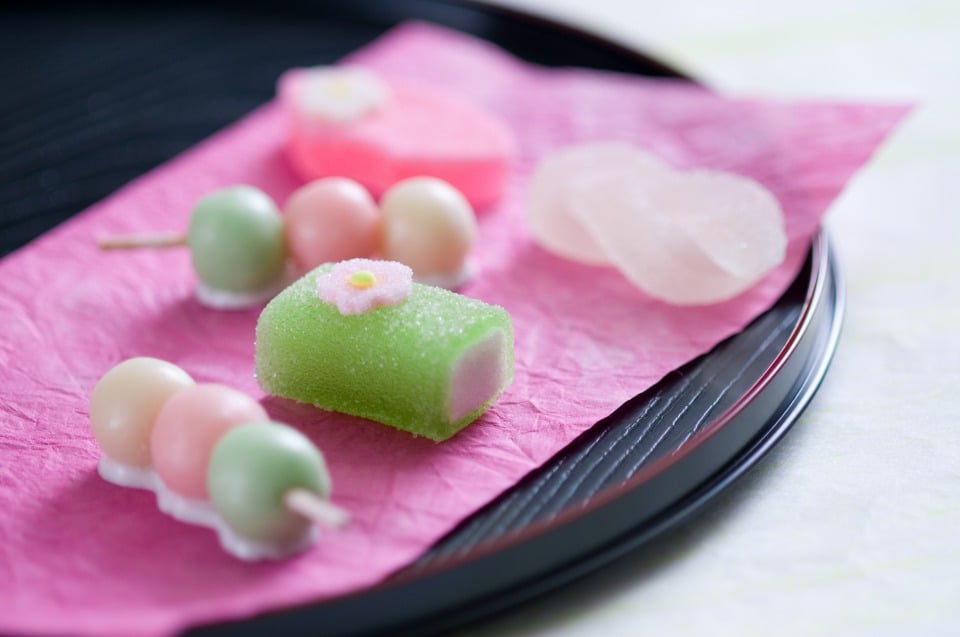
In order to keep communication lively, take the time to study up.
For example, data that is easy for anyone to grasp, such as population and area, background or history.
Don’t try to learn about every prefecture, city, and town in Japan.
For example, “[The city you’re staying] is X times larger than [the city you are from]” is easy to grasp, and helps people understand the place where they’re visiting. This kind of useful information will leave a lasting impression.
For VIPs and international business clients, they might know more than the average person, but they may be keenly interested in broadening or deepening their knowledge.
Information that prompts the thought, “I’ve never heard that before. That’s interesting” makes people happy, and will stimulate further conversation.
Making Small Acts of Kindness

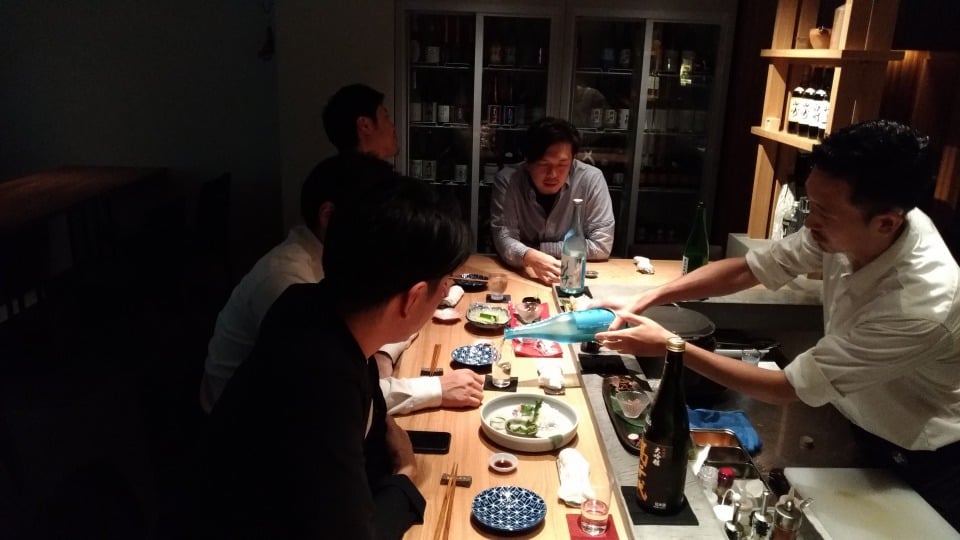
Enthusiasm to perform the most special and extravagant acts for people you care about is a common feeling.
However, this excessive form of hospitality can sometimes backfire.
For true hospitality that your guests will remember, you don’t need to overexert yourself.
For example, giving a small gift on a guest’s birthday; providing someone with a traditional food item from their country or food with a special ingredient; or including them in Japanese holidays or customs. These kinds of thoughtful actions that feel unique to the customer and place are incredibly important.
Providing guests with a small Japanese treat to eat on the plane, or a souvenir, are small acts that make a lasting impression.
These are opportunities to give your guest happy memories to look back on after they have left.
Conclusion
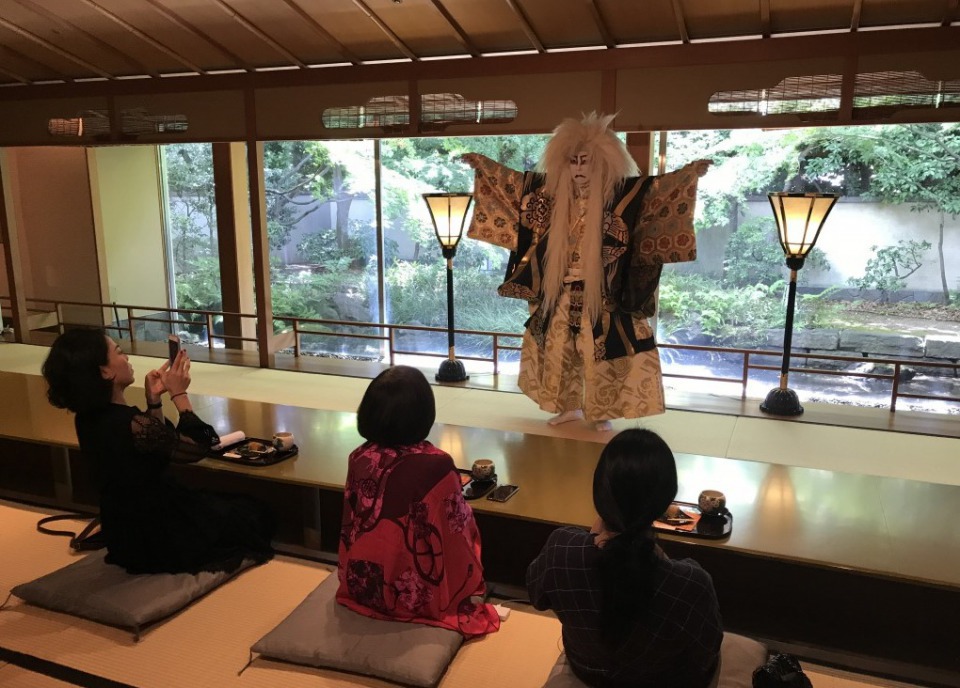
Japan is an amazing country in all seasons, overflowing with beautiful scenery, delicious food, and unique experiences.
However, beyond all the delicious food and unique experiences, what will remain in people’s hearts long after they leave Japan is the warmth and kindness of its people.
No matter how amazing the experience, an unpleasant memory can spoil the feeling of the whole trip.
Therefore, to imprint the fondest memories of Japanese hospitality onto our important guests, please keep in mind these five tips we’ve introduced today.

We are working day and night to spread Japan’s unique hospitality culture to people around the world. Please feel free to contact us for any inquiries regarding the reception and hospitality of guests visiting Japan.


